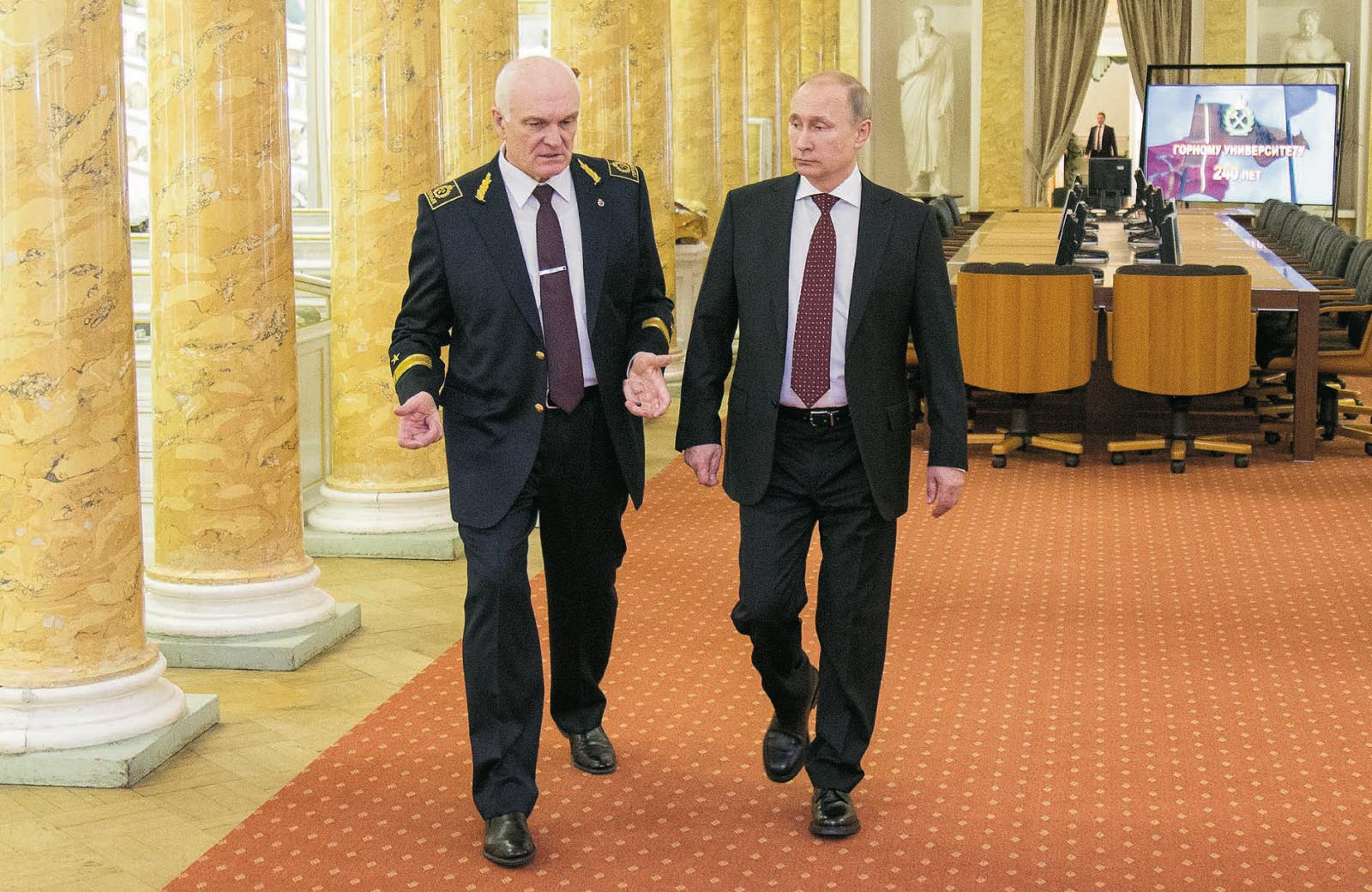On November 1, 2023, the Saint Petersburg Mining University will celebrate its 250th anniversary. Empress Catherine II’s decision to establish it in 1773 was both fateful and timely.
The emergence of Russia as one of the leading global powers would have been impossible without the mining industry. The ability to extract natural resources and process them to produce consumer goods is the cornerstone of progress. However, until the 1770s, mining engineers were exclusively trained abroad.
Geopolitical tensions in the second half of the 18th century led to growing demand for iron, copper, and bronze, which were used in arms manufacturing. In an effort to foster the military and economic development of the country, Catherine II established a mining school in the capital, that was to become the Saint Petersburg Mining University.
The first group of mining engineers graduated in an accelerated manner as early as 1776. It consisted of only 29 students. By the end of the 18th century, the school had 108 students. 200 years later, the total number of trained engineers for the Russian and global mining and processing industries exceeded 40,000.
Throughout its history, the Mining University has served as the main engineering office for the Russian Empire, the USSR, and now Russia.
Researchers from the Mining University develop new technologies, implement them at production facilities, upgrade production chains, and design programs to reduce human impact on the environment. Global science benefitted from the discoveries made by Pavel Obukhov who reformed the domestic steel industry, the inventor of arc welding Nikolay Slavyanov, distinguished geologists Alexander Karpinsky and Vladimir Obruchev, Pavel Preobrazhensky who discovered the Volga-Ural Petroleum and Gas Province, and many other scientists who worked at the country’s leading mining university.
The achievements of graduates and professors of the legendary educational institution include the development of nanotechnology for the non-ferrous metals industry; the exploration of the deepest subglacial lake on the planet, Lake Vostok; research in hydrogen energy.
In the 21st century, the Mining University carries on its global mission to provide comprehensive, top-quality engineering education. In 2019, the International Competence Center for Mining Engineering Education was established on its basis under the auspices of UNESCO. More than 400 specialized universities from around the world embraced the idea of joining forces to address pressing issues related to global economy, personnel training, and improving the safety and efficiency of resource utilization.
Today, the Mining University has several priorities. These include scientific research, holding international events, and developing a uniform competency assessment system.
On May 24, 2023, President of Russia Vladimir Putin signed a decree awarding the country’s first technical university the honorary title of Saint Petersburg Mining University named after Empress Catherine II.
This year, the International Competence Center for Mining Engineering Education under the auspices of UNESCO and nine African countries signed an agreement to create the consortium “Mineral Resources of Africa.” Its goal is to foster Russian-African cooperation in education and science. There are also plans to establish similar associations with the largest technical universities in Iran and China.
Today, mining engineers are still in demand. In 2023, the admissions office received a record number of applications — over 40,000, which testifies to the University’s past achievements and its contribution to present-day Russia.
Natalia Taran, Mining University press office







